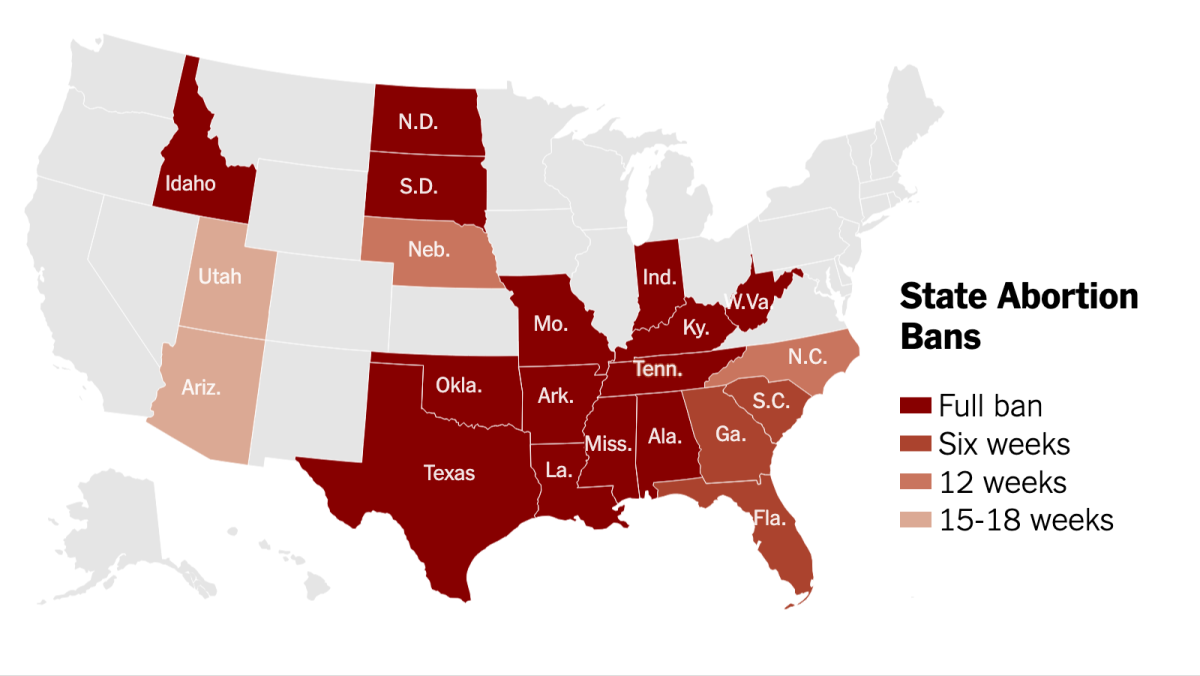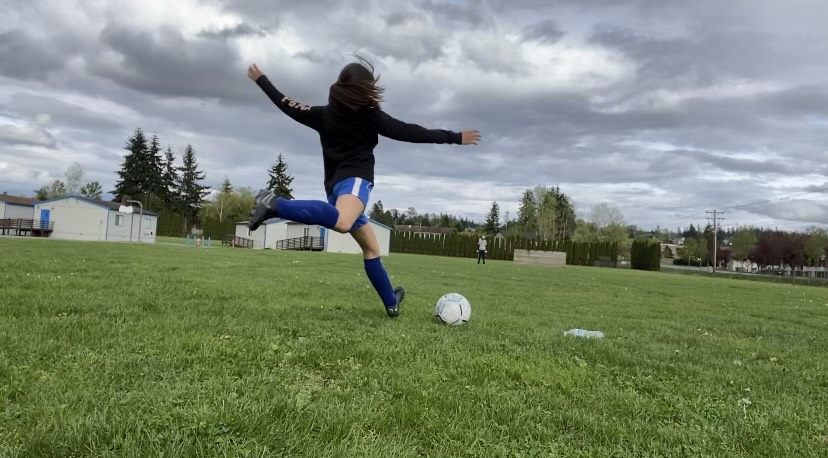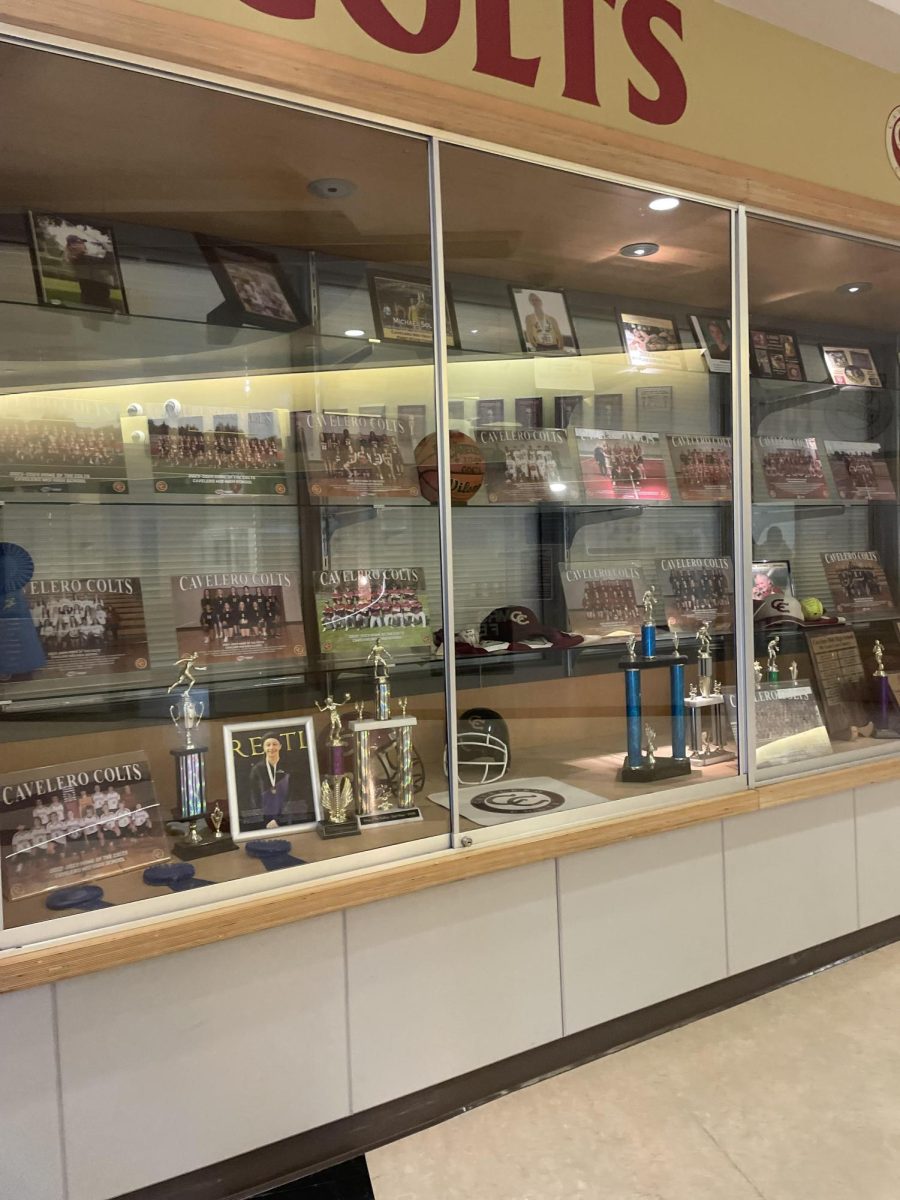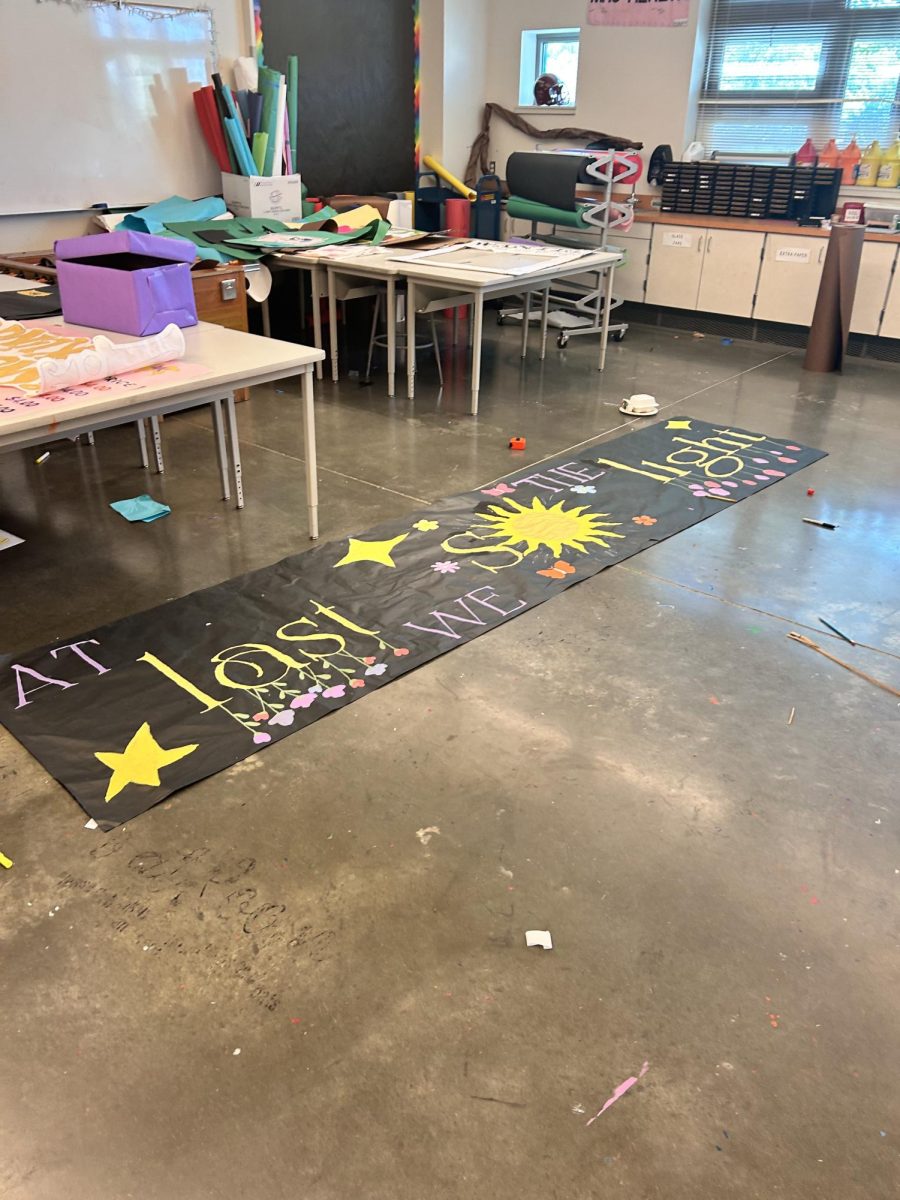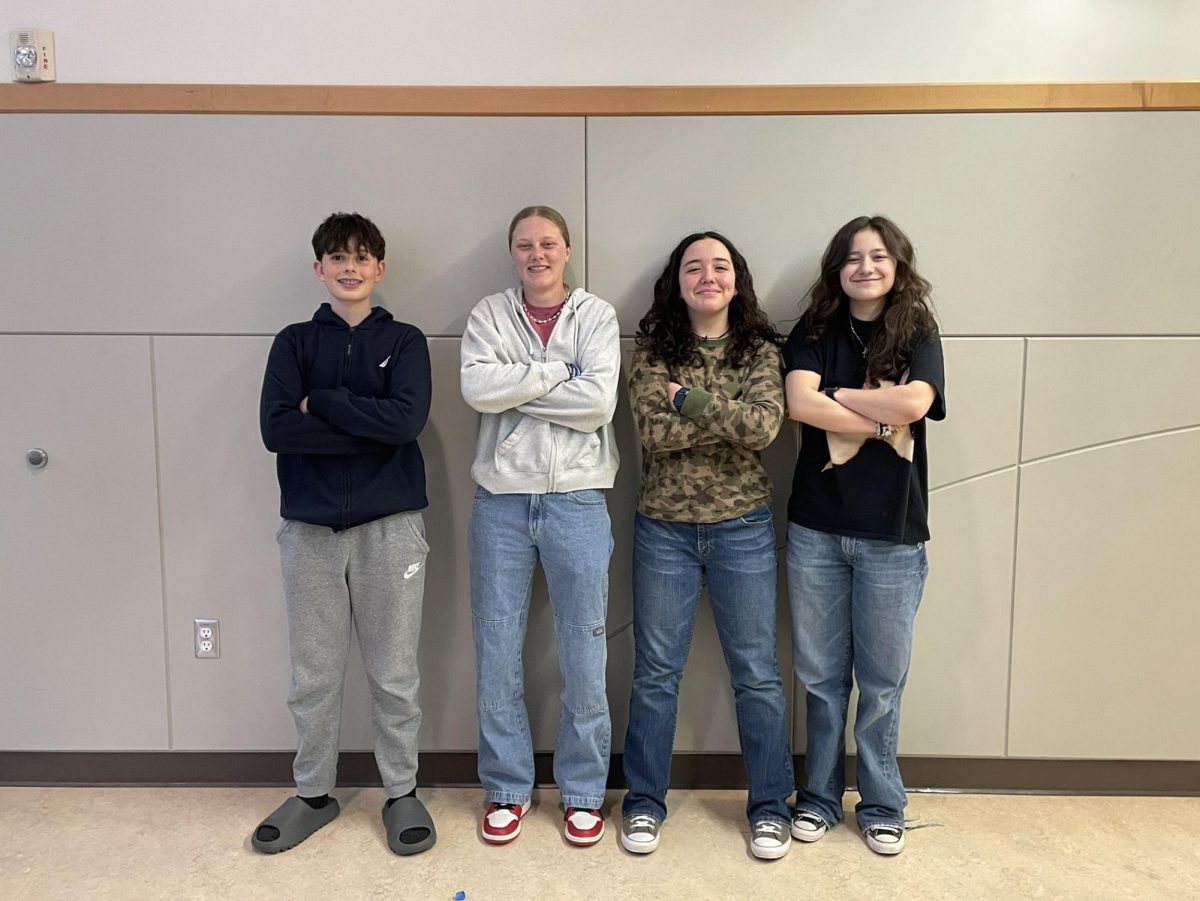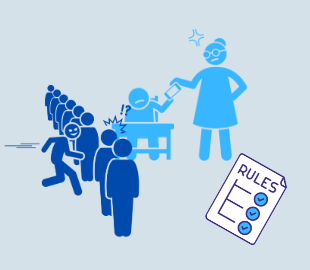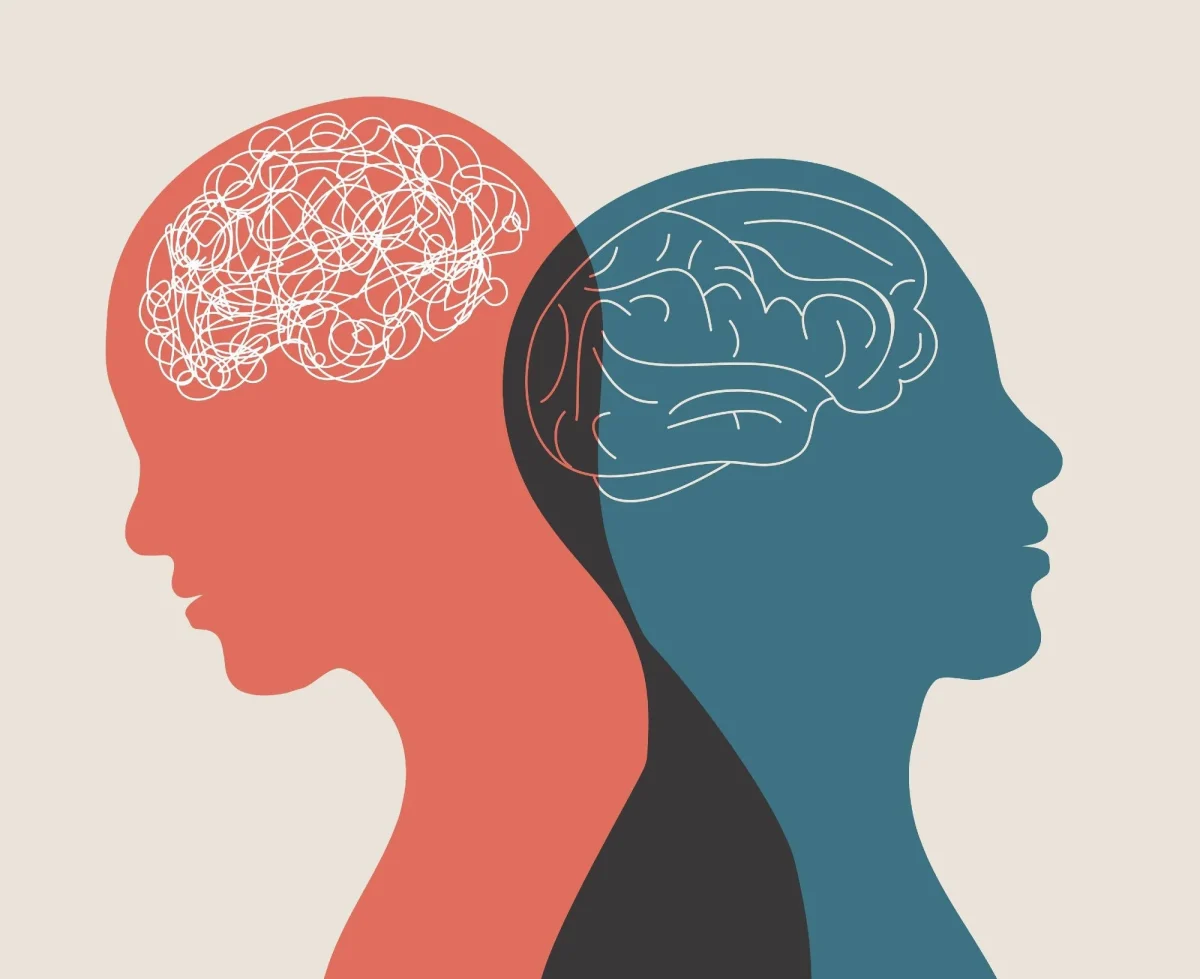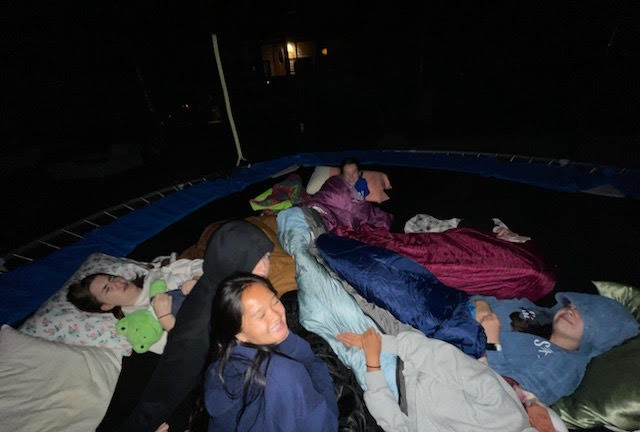The Expulsion of Kids in Need
June 6, 2023
When people are outcasted and feel alone, they try their best to fit and blend in with the crowd. If there was something preventing them from being accepted, they try their best to “fix” it. So when my brother had to transfer schools because “his problems are too much for our school” he felt like he was the problem. Because my brother has autism, he will almost never be able to fit in. Instead of schools treating him like the “normal” kids, they do nothing.
The way schools go about treating kids who aren’t the best academically feels like they simply don’t care. The “academically smart” kids are always being praised and rewarded, while the kids that actually need reassurance are hidden from the others. Constantly being isolated from other students makes it harder for kids to understand different social cues. Not being able to have social skills makes it hard to fit in, form relationships, and work with others.
Kids are supposed to have fun and play around, but the constant worry of losing your friends starts to make school a battleground. Even though the blame could be easily pushed onto teachers for undereducating, It seems as if teachers themselves fear they’re not enough. In the New York Times, they’ve stated “Teachers are worrying not only about keeping their students’ academics up to speed, but also about how they will cope with being suddenly torn from their teachers, friends and programs.”
Most teachers and parents fear that what they teach their children won’t be effective when they’re adults. Not being able to understand emotions and constantly having a hard time controlling your own makes simple tasks much harder than what they seem. Data collected from the Autism Society states that over 66% of young adults on the autism spectrum are unemployed; for reference, the unemployment rate of America in general this year is 4.56%.
Instead of pushing the blame on teachers, school systems need to be better at treating kids with special needs with the respect they deserve. If kids start to feel important, they’re more likely to enjoy school and want to cooperate. Schools also need to get better at helping their teachers and staff that specialize in helping kids with special needs. The Seattle Times and Propublica have documented schools facing years of complaints about “understaffing, lack of curriculum and a reliance on restraint and isolation.”
Schools need to pay better attention to kids in need and make the teachers’ work feel more appreciated. If schools start treating students with special needs better then they’re more likely to succeed in society and be treated better as adults.
